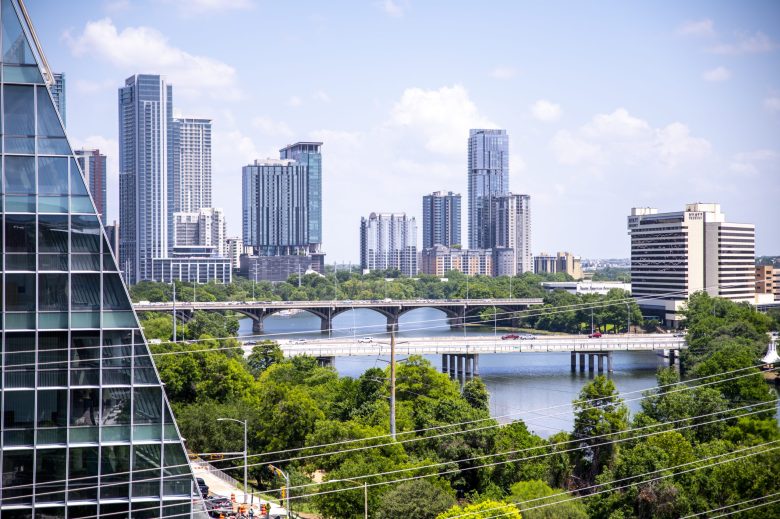In a recent public survey, 2,002 respondents indicated that housing, transportation, and parks were the most commonly held priorities, with over two-thirds of Austin residents saying they would be prepared to accept a tax increase to pay the city’s next bond package.
These findings were presented at the Bond Election Advisory Task Force meeting on Monday. Members also discussed the long-term capital requirements for cultural facilities and confirmed important dates in the bond planning timeline, such as a series of public town halls in September and a curated shortlist of projects worth over $3 billion that is anticipated this week.
Residents were asked to list urgent needs, divide a hypothetical $100 budget among the issue areas, and indicate whether they would support raising property taxes to pay for new projects as part of the city’s community involvement phase for the 2026 bond. Housing and homelessness were ranked as Austin’s most pressing issue by 34% of participants in open-ended replies, followed by mobility and transportation infrastructure (22%).
Respondents who were asked to allocate their money most frequently pointed to parks and parkland (16.3 percent), housing and homelessness (18.5 percent), and transportation (19.8%). The most popular response was that they would be ready to pay an extra $10 a month, with almost 70% saying they would support a tax hike.
The findings were derived from 2,002 replies gathered via in-person events held throughout the spring and early summer as well as an online platform. Using a combination of digital and physical outreach, such as postcards, email blasts, and community pop-ups, staff reported that feedback was obtained from every Council district, producing over 53,000 datapoints.
Another recurring theme was sustainability, as 81 percent of poll participants stated that the city should give sustainability or climate change careful thought when choosing bond projects.
Presentations were given by the city’s recently established Office of Arts, Culture, Music & Entertainment, which is in charge of 16 significant cultural institutions and is updating its original bond request to take equality issues and new goals into account. Members of the task force also heard from Municipal Court employees who asked for a permanent location in North Austin to replace rented space, and Rally Austin, which suggested an expanded cultural trust to handle over $300 million in unmet facility requirements.
Members of the task force also started debating how to organize their next discussions, debating whether to create a common set of evaluation standards for all working groups or let each group choose its own. As the panel reduces the $10.4 billion in identified requirements for the city to a more manageable shortlist, broad criteria including sustainability, equity, geographic distribution, and long-term operating expenses are anticipated to direct the scoring process.
A bond cap of roughly $687 million has been suggested by city financial staff in the past, taking into account the city’s long-term financial modeling and present debt capacity. Less than 7% of the overall capital needs determined by city agencies throughout internal planning processes are represented by that amount. That pool is anticipated to be reduced to roughly $3.9 billion in projects judged most prepared for inclusion by the curated shortlist that is anticipated later this week.
Early in 2026, the task group is anticipated to provide a final set of projects and funding requests to the city council. The bond package’s final composition will be decided by the council before it is presented to voters in November of next year. That plan would probably come after a tax rate election that voters are anticipated to see this fall in order to address the projected budget shortfalls for the ensuing years.
Community donations enable the work of the Austin Monitors. Even though we occasionally publish on funders, we take pains to ensure transparency by keeping editorial and business activities apart. Our code of ethics is described here, and a full list of donors can be seen here.
You’re a community leader
And we are thrilled that you trust us with important, in-depth news. You are aware that local and committed watchdog reporting is essential to a healthy community. We will always be here to support you. Will you now support our nonprofit news organization and take the bold next step?









